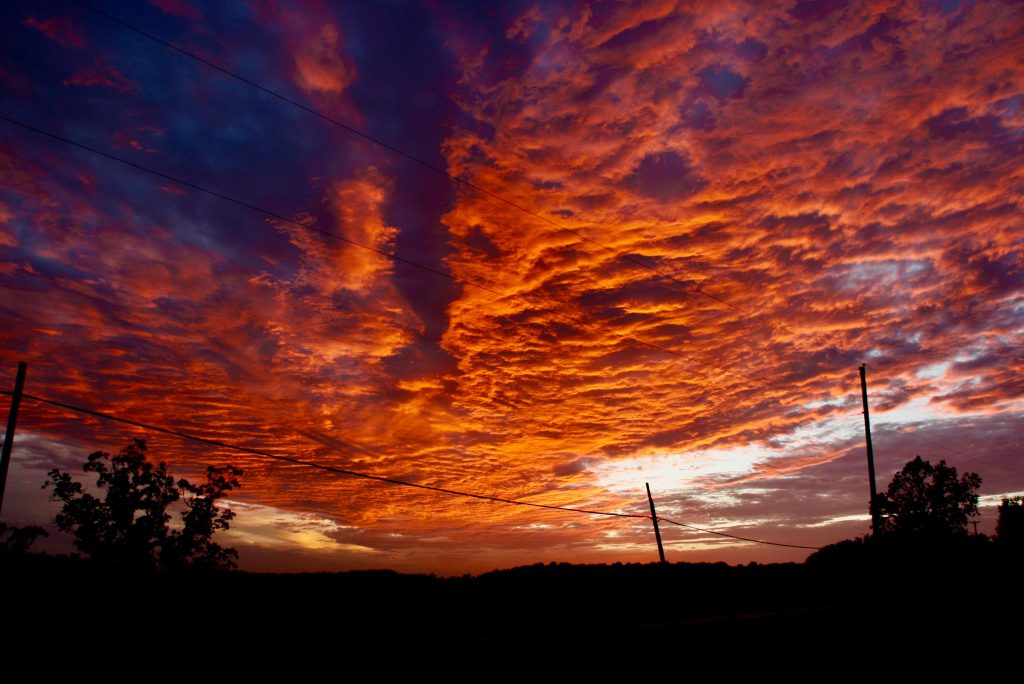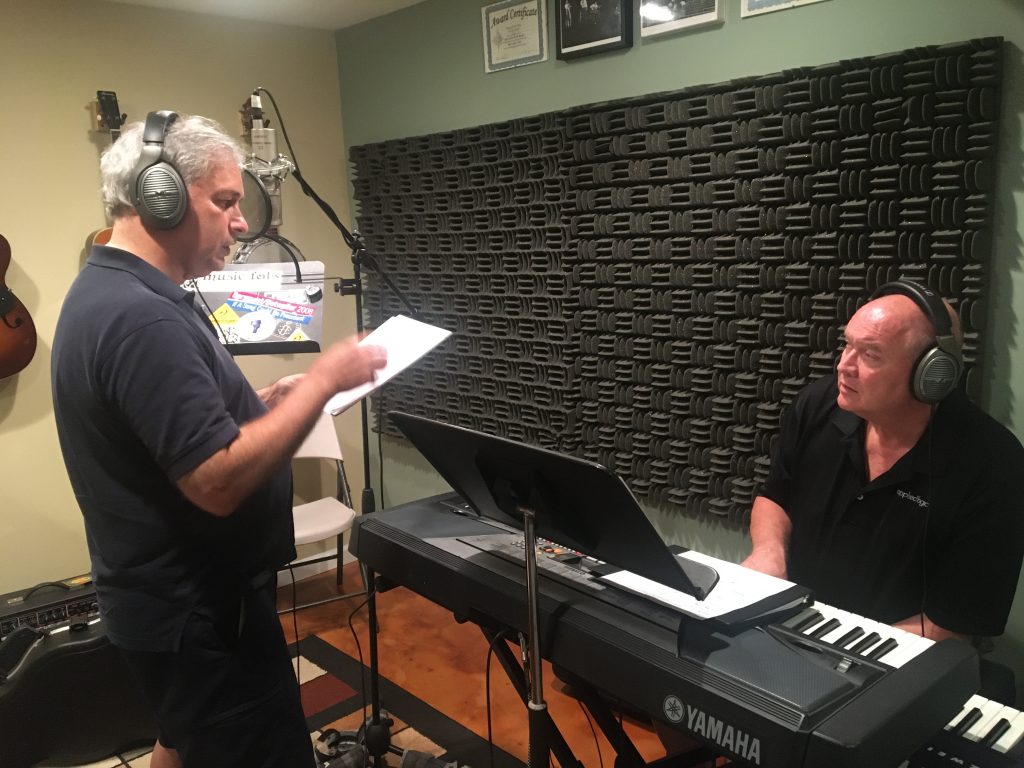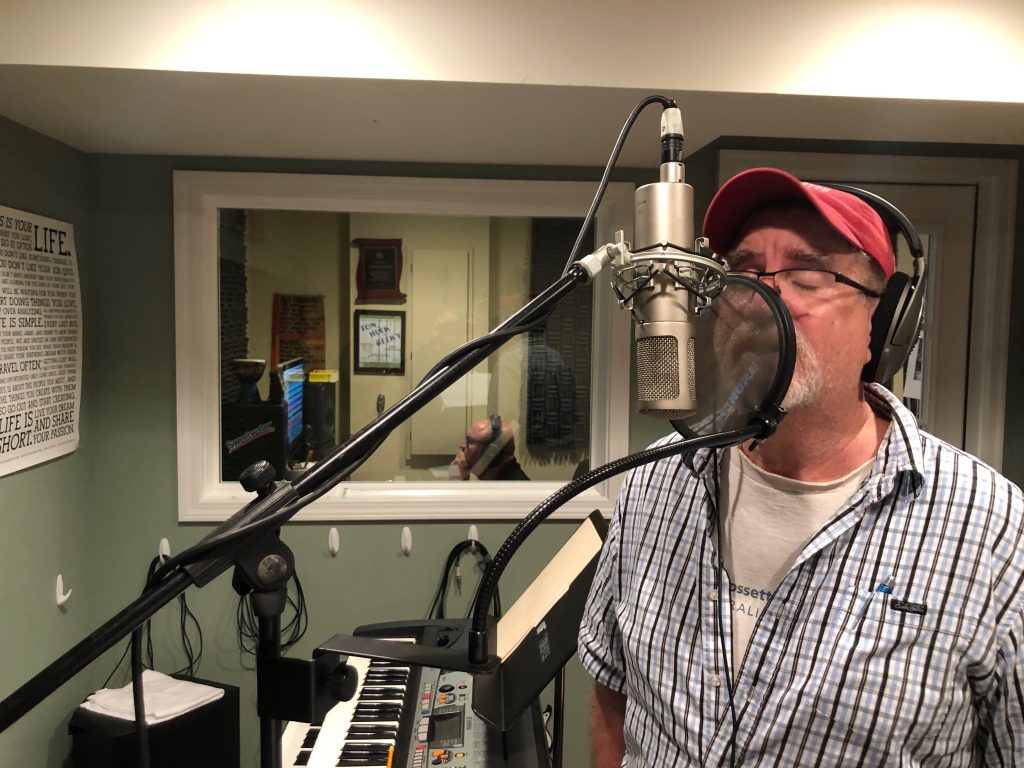Artwork above courtesy of the artist, Steve Tadrick.
It’s the first of the beatitudes. It comes easily to mind and rolls effortlessly off our tongues: “Blessed are the poor in spirit.” But what exactly does it mean?
Jesuit priest and author James Martin writes: “If you ask a practicing Christian if he should be charitable, he will say yes. If you ask if he should be “poor in spirit,” he might say, “huh?”
“Blessed are the poor in Spirit” is more than just the first beatitude. It’s the one on which all the others are built and can be likened to childhood, according to renowned theologian Gustavo Guttierez, OP.
“It is a stance of trust and dependence on God as source of life,” Guttierez writes in his book, In the Company of the Poor. “We can all be spiritual children when we place our lives in the hands of God. The requirements of discipleship are stated fundamentally in the first and most critical blessing: being poor in spirit. The other blessings are variations and shades of the first. Disciples are those who make the promise of the kingdom their own, placing their lives in God’s hands.”
So being poor in spirit is not a meditation or a prayer — it’s a stance of our dependence on God and should lie at the very heart of everything we do. It is a reminder that:
- God is God and we are creatures: created to praise, love and serve God.
- We should have a radical dependence on God for everything.
- We are called to be aware and grateful for our gifts and talents, offering them back to the Giver.
- We must be willing to let go of these gifts in order to serve others.
- We must empty ourselves so that God can fill us.
Jesus is the model for this kind of living. Jesus lived in material poverty, not as an end in itself but as a call to us to deepen our commitment to the poor, to live simply and in freedom with respect to the things we own and have, such as our possessions, talents, reputation and influence.
This “spiritual poverty” is an invitation to freedom — an interior freedom of the mind and heart that allows us to overcome ourselves and our disordered affections when it comes to making the daily decisions (large and small) that come to define us. It is the freedom to know ourselves as we are made by God, complete with both our gifts and limitations. Freedom and poverty of spirit allows us to be honest with ourselves because we are, above all, children of God.
Poverty of spirit is an awareness that we are “coming from God, going to God, and being with God.” (John J. English, SJ)
We begin to live lives “poor in spirit” when we put God — and not ourselves —at the center of our lives. We become more aware of that divine presence, more aware of God’s call and our response. We become more aware of what keeps us from responding and what creates chaos in our souls, leading to poor choices that give into our fears, prejudices, greed, self-interest, need to control, perfectionism, jealousies, resentments and self-doubt.
Without poverty of spirit and spiritual freedom, we become excessively attached to the things that — while they might be good in themselves when ordered and directed to the love of God — become disordered when they push God out of the center. Without poverty of spirit:
- We resist admitting our reliance on God.
- We are tempted to try and make it on our own.
- We are more likely to despair when we fail.
Living “poor in spirit” is a life-giving goal and stance to take, a turn toward living with humility and in the love and grace of God.
“Poverty of spirit is not just one virtue among many,” wrote Johannes Baptist Metz, a 20th century German Catholic theologian. “It is the hidden component of every transcending act, the ground of every theological virtue.”
It’s where we are called to stand.
Ask yourself in silence or while watching the music video below:
- What are the things keeping you from living in spiritual freedom and poverty of spirit right now?
- Of what do you need to be emptied?




